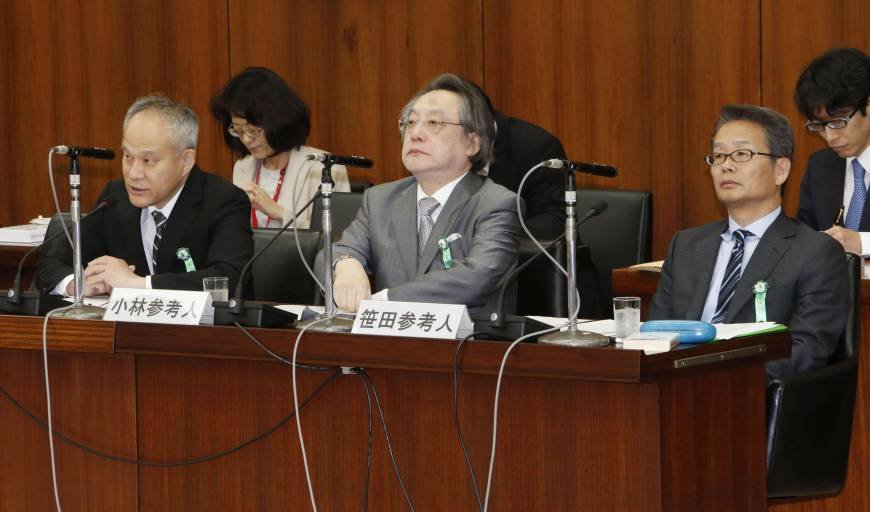 I have published a short essay, “What Role and Rules for Canada’s Armed Drones,” in the Canadian Global Affairs Institute: Policy Perspectives, Dec. 23, 2018. Here is the abstract:
I have published a short essay, “What Role and Rules for Canada’s Armed Drones,” in the Canadian Global Affairs Institute: Policy Perspectives, Dec. 23, 2018. Here is the abstract:
The Canadian government announced in June 2017 that it was planning to purchase and deploy armed drones. Yet to date it has provided virtually no information on how and for what purpose such armed drones would be used, beyond anodyne comments that they would be used like any other conventional weapon. However, conventional weapons have varying capabilities and purposes, and implicate international law in different ways as a result. Armed drones have been primarily used for the purpose of targeted killing, in ways that have raised significant legal questions and triggered claims of excessive civilian deaths. Canadians should be concerned about how, for what purpose, and according to what limitations the government plans to deploy armed drones. Other countries have provided greater transparency than Canada regarding the law and policy framework governing the use of armed drones. This short essay reviews how armed drones have been used elsewhere, explains the significant legal issues that are implicated by the different ways in which drones have been used and what that implies for the role of Canadian armed drones. It suggests that strict, clear and publicly disclosed limits be placed on drone use to ensure compliance with Canada’s international law obligations.


